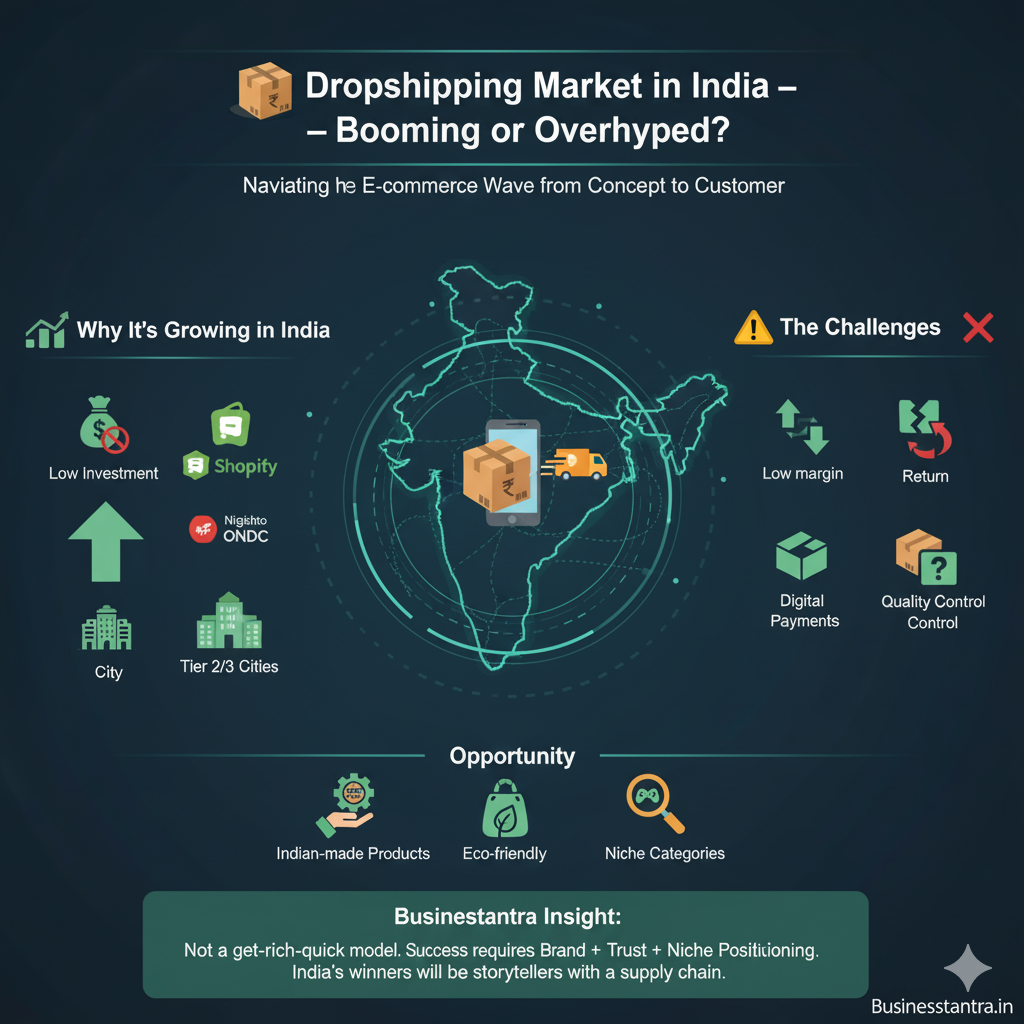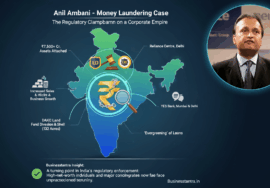Half of RM300mil Hibiscus fund allocated for Malaysian tech start-ups
[ad_1]
KUALA LUMPUR: Venture capital firm, RHL Ventures Sdn Bhd (RHL) aims to fully distribute the Hibiscus Fund which is expected to close at around RM300 million this year, half of which to be set aside for Malaysian technology-linked start-ups.
RHL co-founder and managing partner, Rachel Lau said Malaysia is seen to be an appealing market in terms of risks and rewards.
“We are looking to set up and support innovative private technology companies that have the potential to disrupt and transform markets as we move forward, as technology allows businesses to grow exponentially and create a synergistic ecosystem in which everyone benefits from the value they create,” she told Bernama in an email interview recently.
Lau said since its inception in 2016, RHL has been focusing on Southeast Asian technology space.
“We have seen many deserving and innovative technology companies in the private market that would benefit greatly from timely access to capital, network and mentorship,” she said.
Search for investment opportunities in healthtech, edutech, fintech sectors
Lau said currently, the company is specifically looking into investment opportunities in sectors such as healthtech, edutech and fintech, as well as consumer-related companies that prioritise innovation and growth while disrupting existing business models.
“Among the key areas that we are currently looking at are food safety, security and sustainability, empowering women entrepreneurs and the economy, good company governance structure in start-ups, as well as agritech,” she said.
Managed by RHL and South Korea’s KB Investment, the Hibiscus Fund is a venture capital fund that forms part of the Malaysian government’s Dana Penjana Nasional (DPN) Programme, where half of the fund is contributed by private investors and the balance through a ringgit-for-ringgit match by the government.
The fund’s main objective is to accelerate Malaysia’s economic recovery by digitalising Malaysian businesses through innovation from various stage companies and start-ups, particularly in the Series A and Series B stages.
RHL on track to complete two more deals under Hibiscus Fund in coming weeks
Under the Hibiscus Fund, Lau said RHL had successfully closed nine deals in 2021 and one at the beginning of 2022, and is looking to complete two more deals in the coming weeks.
She noted that a majority of them were tech start-ups with great potential and innovative solutions.
Lau said that to-date, RHL has more than RM500 million in assets under management (AUM).
With the combination of the anticipated RM300 million in the Hibiscus fund, the firm’s AUM is expected to reach RM1 billion in the next five years.
“We have invested in more than 30 companies over the past couple of years and look to distribute a meaningful amount of capital in 2022,” she said, adding that the company’s goal for 2022 is to invest in about 25-30 companies.
Dana Penjana Nasional Programme to strengthen local start-up ecosystem
On the partnership with the government under the DPN Programme, Lau said the firm views the goverment as an anchor limited partner that looks to strengthen the local start-up ecosystem.
“We believe the public-private co-investment under the DPN Programme could support Malaysia’s start-up ecosystem in other ways aside from capital investment, including resource sharing in terms of technical knowledge transfer and cross-border network support to grow local start-ups beyond the Malaysian market,” she said.
She said the partnership with DPN also allows start-ups to command fair market value, gain better access to capital and connect with Malaysian stakeholders and key government sectors, thus allowing them to scale faster and more efficiently.
Apart from the Malaysian government, Lau said RHL is currently in talks with various sovereign wealth funds and foreign funds to launch another fund.
“The new fund will most likely be established in 2023, which we will announce when the time is right,” she said.
Moving forward, Lau said RHL’s vision is to contribute to Southeast Asia’s start-up ecosystem, especially in Malaysia, where they wish to build a more robust private market business.
“To build a sustainable and robust start-up ecosystem in Malaysia, we should encourage local start-ups to leverage and highlight Malaysia’s uniqueness and continue to tap into less developed sectors of the digital economy, including Islamic commerce and agritech,” she said.
She added that the company is committed to investing in a sustainable manner while adding long-term value to society and its investors. – Bernama
[ad_2]
Source link










